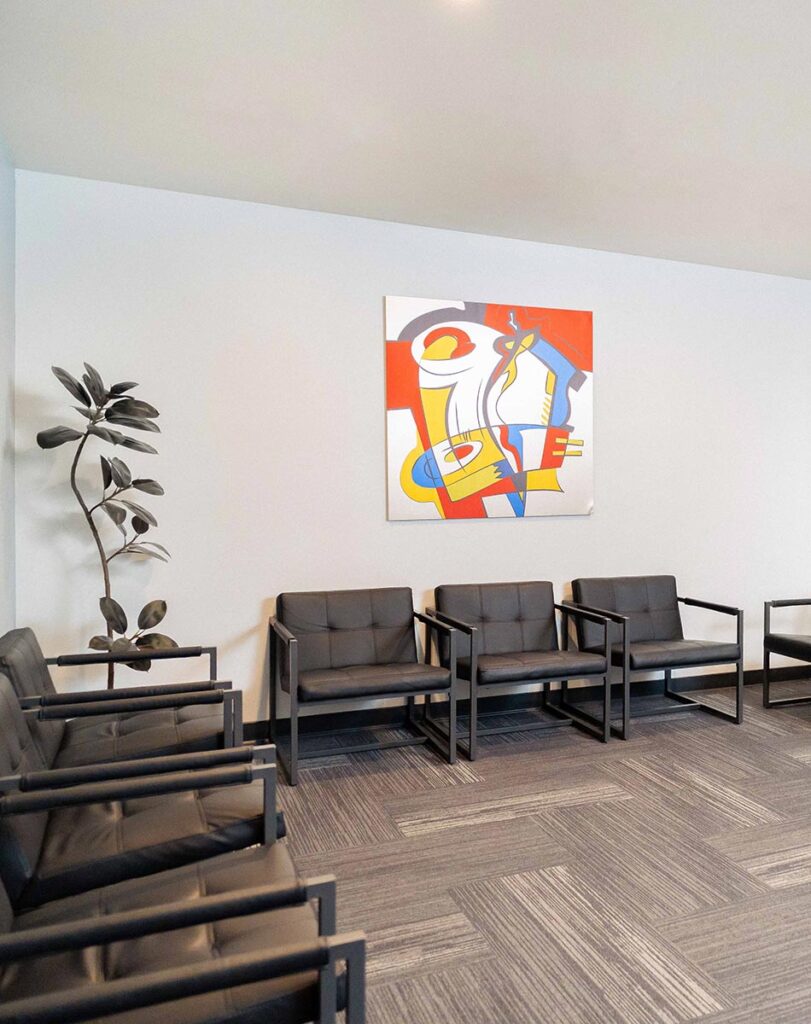Flexible Outpatient Care on Your Schedule
What to Expect from Our Outpatient Rehab in Thousand Oaks
- You are not alone. Those with substance use disorders often experience shame, guilt, loneliness and depression. Many have a background of physical or sexual abuse that they have concealed for years, which contributed to their addiction. Being in a group with people who understand and support you can be a huge motivator for abstinence.
- Sense of community. Group therapy reminds people that they are not suffering alone. This sense of community—which celebrates the ups and downs of recovery—can help with many components of the recovery journey. It can also help manage the symptoms of anxiety and depression.
- Improve communication. Communication is an important life skill, but one that often lacks in addiction. You can improve your communication skills, listening abilities and empathic qualities by practicing them in group therapy.
- Receive feedback. The perceptions we have of ourselves are rarely accurate, which is why outside feedback can be helpful. In individual therapy, you must rely on your therapist’s feedback, but in a group setting, you can rely on your peers.
- Try new abilities. The mental and behavioral abilities learned in treatment can be applied in a group setting. This gives you a safe and non-judgmental space where you can test new ways of thinking and behaving.
Who Should Participate in Our Standard OP?
As the lowest level of care, a standard OP comes after an intensive outpatient program or partial hospitalization program. This is why this program is recommended for those who have completed some treatment and have mental health and withdrawal symptoms under control.Individuals who need mental health outpatient therapy or evening therapy can benefit from our flexible outpatient program near you in Thousand Oaks, CA.Typically, we recommend our OP to individuals who have:
- Mild to moderate substance use disorder
- Strong support system
- Transportation to and from treatment
- Sober, stable living environment
- Motivation to attend session regularly
- Low risk of withdrawal symptoms

Many individuals find comfort in participating in an outpatient program for an extended period of time.
They appreciate having a strong support system and access to therapies when they need them, as the real world is fraught with challenges. To learn more about our standard outpatient rehab in Thousand Oaks and how it can help round out your recovery, contact Lotus Recovery today.
